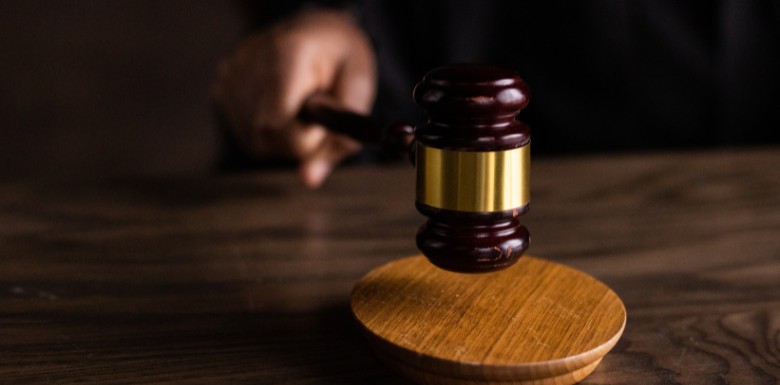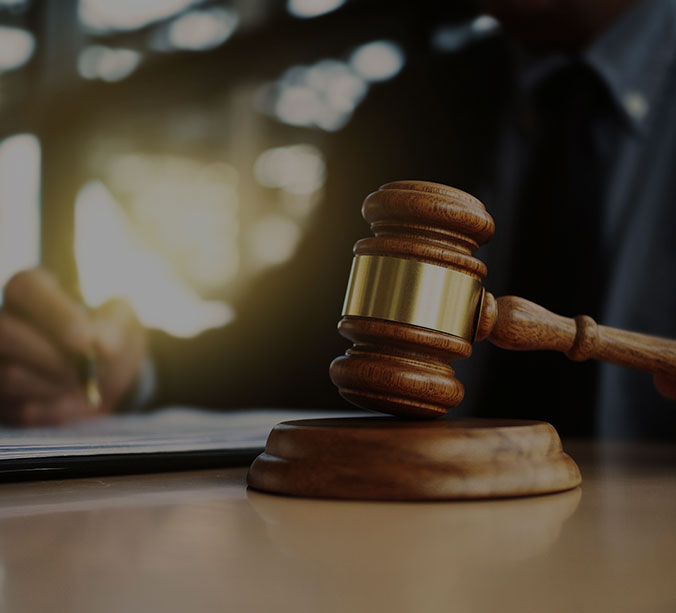
If you’ve been charged with a crime in Montgomery County, PA, a preliminary hearing is a crucial step in your legal process. To navigate your preliminary hearing effectively and ensure the best possible outcome, it’s essential to be prepared and work with an experienced lawyer in Montgomery County who can provide the necessary guidance and advocacy.
Montgomery County Preliminary Hearings
A preliminary hearing is not a trial. Instead, it is a proceeding to determine whether there’s enough evidence to warrant a trial. The prosecution must demonstrate probable cause, which means showing that a crime was committed and you’re likely the perpetrator.
In Montgomery County, preliminary hearings apply to various charges, both Misdemeanors (e.g., DUI or shoplifting) and felony offense.
Preliminary Hearing Vs Arraignment
The main difference between a preliminary hearing and an arraignment is their purpose and outcome. An arraignment is your initial court appearance where charges are formally read, bail is determined, and you are advised of your right to counsel, with no evidence presented.
In contrast, a preliminary hearing is a subsequent court date in which the prosecution presents evidence, and the court determines whether there’s enough evidence to proceed. If probable cause is not found, the charges are dismissed.
What to Expect at a Preliminary Hearing in MontCo
After an individual is arrested, a preliminary hearing is scheduled. Typically, within ten days if the defendant is in custody or up to 30 days if not. The defendant will receive a notice of the hearing that includes the specifics of the date, time, and location.
Here is a list of Montgomery County courthouses where your preliminary hearing may be scheduled.
At the hearing, both sides present arguments and evidence. After hearing the evidence, the judge decides whether there is enough evidence to hold the defendant for trial.
What Happens During a Preliminary Hearing?
During the preliminary hearing, several key events take place:
- The Prosecution’s Presentation: The prosecutor presents evidence and may call witnesses to testify.
- Defense’s Opportunity: The defense can cross-examine witnesses, challenge the prosecution’s evidence, and present its evidence or witnesses.
- Judge’s Decision: The judge decides whether there is probable cause to believe that a crime was committed, and that the defendant committed it. If so, the case is bound over for trial; otherwise, it may be dismissed.
What are the Potential Outcomes of a Preliminary Hearing?
During a preliminary hearing in Montgomery County, there are usually three possible outcomes:
1. Case Bound Over for Trial: If the judge finds sufficient evidence, the case will proceed to the Court of Common Pleas.
2. Charges Reduced: Sometimes, charges may be downgraded if the evidence supports a lesser offense.
3. Case Dismissal: The charges may be dismissed if the judge finds insufficient evidence.
It’s important to note that the judge will not offer any sentencing or a verdict of guilt at this stage. Understanding these potential outcomes helps you and your lawyer prepare effectively for the hearing.
Here’s How to Prepare for Your Montgomery County Preliminary Hearing
With so much on the line at the preliminary hearing stage of a criminal case, it’s clear that preparation is vital to a favorable outcome. Here are some steps you can take:
- Gather Information and Evidence: Review charges and police reports, collect relevant documents, witness statements, and physical evidence, and take detailed notes on the events surrounding the alleged crime.
- Work with Your Attorney: Discuss the case and strategy with your lawyer, share all gathered information, and ask questions to better understand the legal process.
- Prepare Your Testimony: While testifying yourself is rarely necessary, practicing answering prosecution questions and preparing responses with your attorney can help.
- Review Witness Lists and Testimony: Familiarize yourself with prosecution witnesses and their statements, prepare cross-examination questions, and identify potential defense witnesses.
- Understand the Rules of Evidence: Learn about admissible evidence and procedures and discuss any evidentiary concerns with your attorney.
- Stay Organized and Focused: Keep documents and evidence organized, maintain composure during the hearing, and follow your attorney’s guidance.
Can I Present Witnesses at the Preliminary Hearing?
The prosecution typically presents evidence and calls witnesses during a preliminary hearing to establish probable cause. The defense can cross-examine the prosecution’s witnesses, challenge the evidence presented, and, in some cases, it is worthwhile for the defense to present its own evidence and witnesses to rebut the prima face evidence proffered by the Commonwealth.
However, the rules of evidence at a preliminary hearing can be less strict than at a trial, focusing on establishing probable cause rather than proving guilt beyond a reasonable doubt.
Rules to Follow in Montgomery County Court
There are specific rules to follow that can help you have a positive outcome regarding your preliminary hearing.
Timeliness: Arrive on time for your hearing. Arrive at the court a few minutes early so you have enough time to find parking, locate your hearing room, and review any notes you may have.
Behavior: Maintain proper decorum and respect the court and all those involved in the proceedings. This means removing hats before entering the courtroom, referring to the Judge as “Your Honor,” and standing when speaking to the Judge, among other things.
Documentation: Bring all necessary documents, including any bail paperwork, notices, and identification, such as your driver’s license or passport.
Dress Code: Dress appropriately for court, usually in business casual or nicer attire. Avoid wearing any clothes with offensive words or images, holes, or open-toed shoes like flip-flops.
Do I Need a Lawyer for a Preliminary Hearing?
Having a lawyer for a preliminary hearing is a necessity. A lawyer understands the intricacies of the law and local Montgomery County court procedures, which enables them to challenge the prosecution’s evidence and present your case effectively.
An experienced lawyer can develop a tailored strategy for your situation, whether it involves challenging the prosecutor’s argument, poking holes in the notion that probable cause has been established, negotiating a plea, or preparing for trial.
Attorneys are also adept at cross-examining witnesses to uncover inconsistencies and weaknesses. They can also call upon adept witnesses to challenge the validity of the technical evidence, like drug test results. Additionally, a lawyer provides essential legal advice, helps you understand your rights, and ensures you make informed decisions.
The Role of a Local Montgomery County Attorney
There is no substitute for having an experienced local defense attorney in your corner when preparing for your preliminary hearing. Having an attorney who understands the nuances of the Montgomery County legal environment and Pennsylvania criminal law will give you the best chance of ensuring your preliminary hearing doesn’t have to go to court.
Questions about Preliminary Hearings? Call Fienman Defense
Attorney Michael Fienman embodies the local lawyer who understands how to work with prosecutors and judges to get the best outcomes for his clients. Here are just a few examples of the work he’s done to get his clients their desired outcome:
- Multiple Charges Resolved at Preliminary Hearing
- Various Fraud & Theft Charges Reduced at Preliminary Hearing
- Schuylkill County DUI Dismissed
Preliminary hearings in Montgomery County are more than just formalities. Their outcomes are a big part of how your case is resolved. At Fienman Defense, we aim to get you the best outcome and help you through the preliminary hearing process as quickly and painlessly as possible through aggressive advocacy and personalized attention. By handling the case at the initial stage, we can work with you to ensure you can move forward from this incident and get your life back on track.
Need to Appear in Montgomery County District Court? Call Today
Fienman Defense is down the street from the Magisterial District Courts (MDJ) in Lower Merion Township. The MDJ 38-1-06, MDJ 38-1-07, and MDJ 38-2-04 courthouse are on Montgomery Avenue in Narberth, PA.
We’re fixtures in the local courts and know what it takes to handle your preliminary hearing. Contact attorney Micheal Fienman today at (215) 839-9529 for a free and confidential case evaluation. We’ll discuss your case, options, and how we can help.
Attorney Michael H. Fienman represents clients in criminal and traffic matters throughout Pennsylvania and New Jersey. As an experienced trial attorney who has practiced in Montgomery County for nearly 15 years, he understands your rights. He is a zealous advocate known for relentlessly defending clients in state court, federal court, and before administrative agencies.
Attorney Fienman is licensed to practice before the Supreme Court of Pennsylvania, the Supreme Court of New Jersey, the US District Court for the District of New Jersey, and the US District Court for the Eastern District of Pennsylvania.
View All Blogs